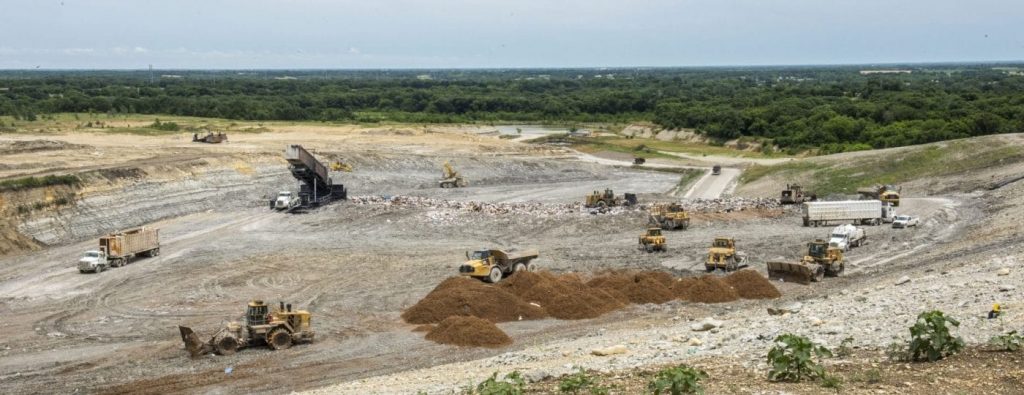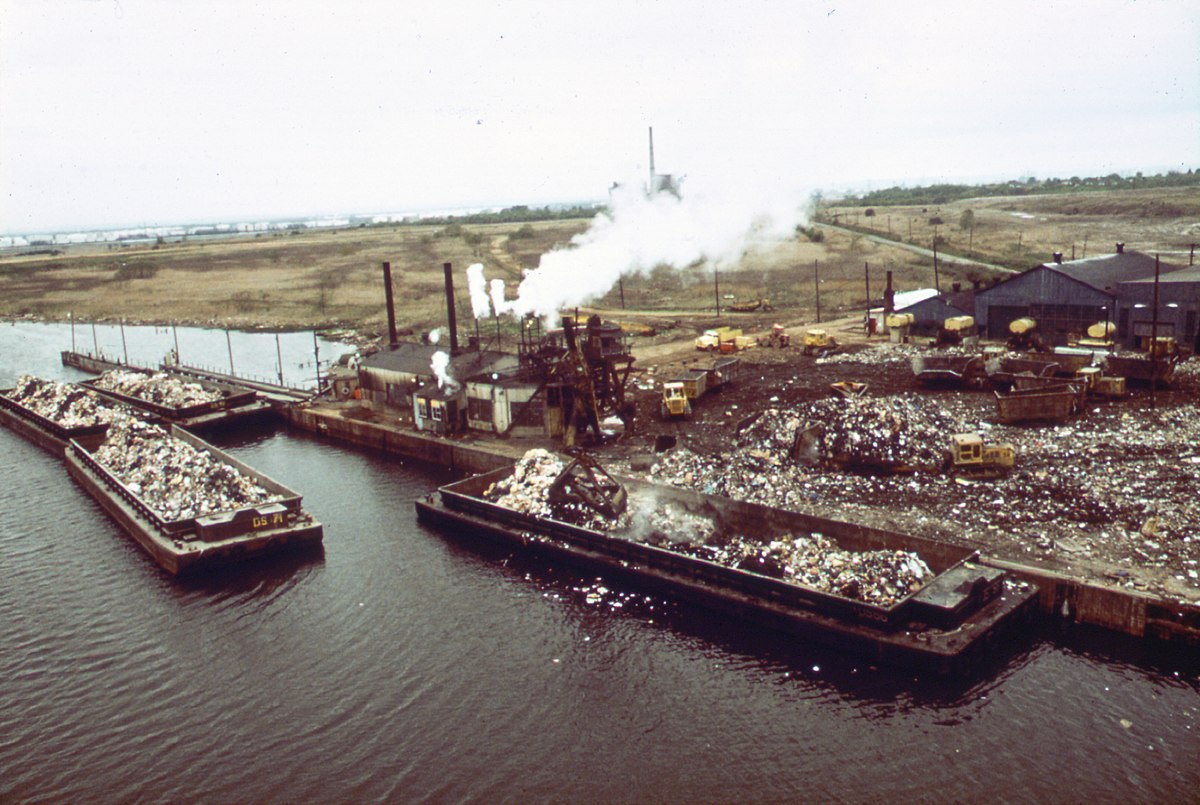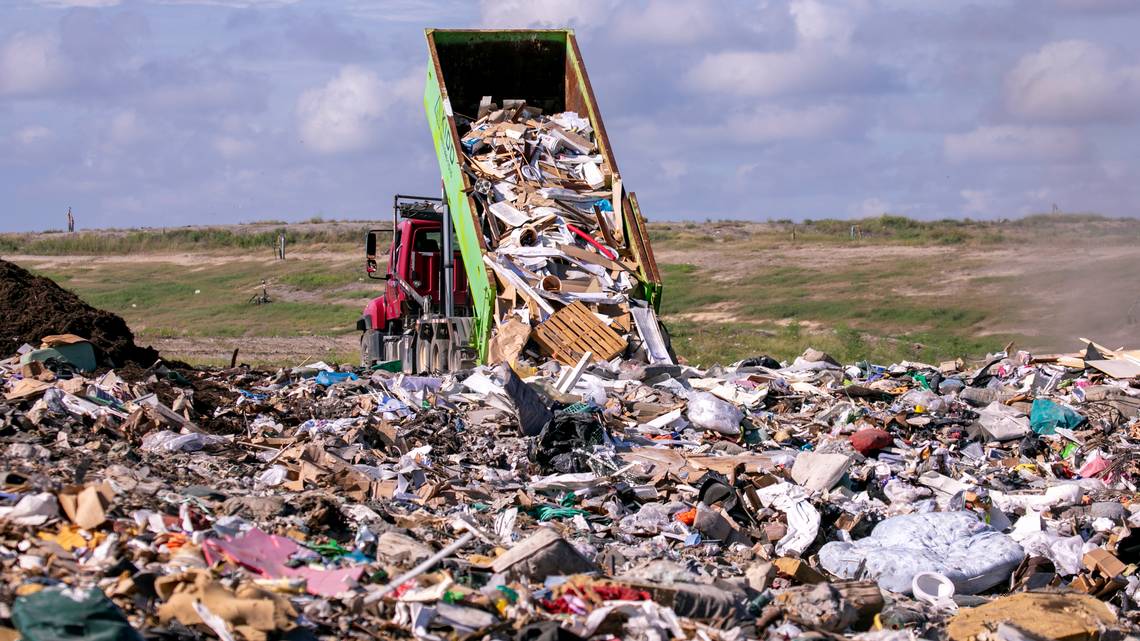The nuclear waste dump in South Carolina is closing, so 36 states don’t have a place to put their waste
Because a landfill in South Carolina is closing, many power plants, hospitals, universities, and businesses in 36 states may have to start storing low-level radioactive waste on their property starting next summer.
The states have been waiting for this day for a long time. But because of political opposition, concerns about the environment, and limited budgets, most of them have made very little progress toward setting up new landfills in the time since.
The Barnwell County landfill, which opened near the Georgia border and has 235 acres, is being looked at. Before South Carolina lawmakers cut down the size of the area in 2000, more than 40 tractor-trailers full of radioactive waste from 39 states were dumped there yearly.
As of July 1, the landfill will only take trash from South Carolina, New Jersey, and Connecticut, the two states with which it has an agreement.
State and business officials say that the “temporary” storage facilities will end up in backyards everywhere because people will say “not in my backyard.”
Rita Huskie, who is in charge of getting rid of the trash in Arkansas, Kansas, Louisiana, and Oklahoma, worried that hospitals in her area would have to store this stuff independently. Some of the states where the closure will happen are California, New York, Illinois, Florida, and Texas.

“There could be a lot, maybe even a hundred or more.” People won’t want to pay for other people to store their things, and they will put them in a closet, warehouse, or back shed and wait to see what happens.
Cleaning rags, lab equipment, industrial measuring tools, and clothes and gloves for cancer patients were among the things that were thrown away and sent to Barnwell. Don’t count the used fuel from nuclear power plants. Garbage is kept in steel containers, which are then buried in large ditches after being kept in concrete vaults.
This trash is sent to the other landfill in Richland, Washington, where it will break down in 500 years and no longer be dangerous. But only 11 states, like Idaho, Nevada, and Colorado, are allowed to send packages there.
can keep some trash cans in a safe place
Companies used to have to keep radioactive waste on their property. The Barnwell site was closed for a while, but it reopened in the mid-1990s.
Other businesses keep materials on-site while they wait for enough to build up for it to make financial sense to take them to a landfill.
Based on what has been done in the past, Jim Kennedy, the senior project manager for the Nuclear Regulatory Commission’s low-level waste branch, is “confident that can handle it properly.”
If hospitals and power plants need to store their waste, it will be kept in warehouses built just for that. This is often a bunker with thick concrete walls above ground for power plants. The trash must be kept in one place, safe, and dry.
Long-term message to lawmakers
States have decades to build places to get rid of nuclear waste. States have decades to construct nuclear waste disposal facilities. After the federal government established a law in 1980, states were responsible for eradicating low-level domestic garbage. The law also encouraged states to work together to set up regional facilities to eliminate waste.
But every time they try to do something, they run into problems. In the last 30 years, only one low-level landfill has opened in Utah. In 2005, Nebraska was fined $146 million because it did not allow a landfill to be built in the area.


